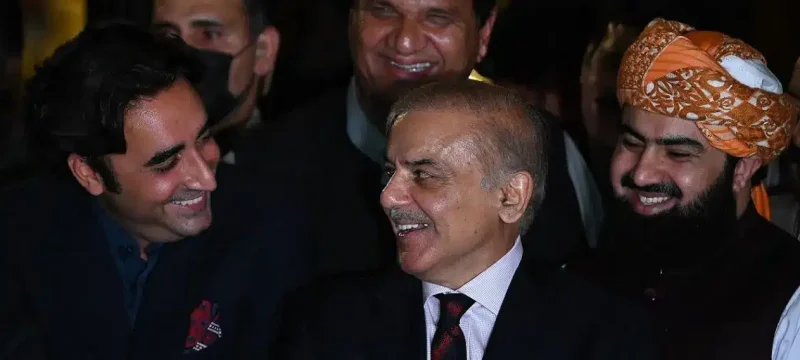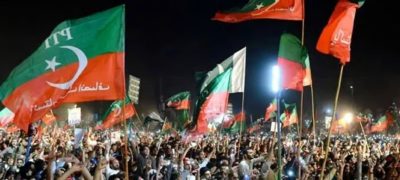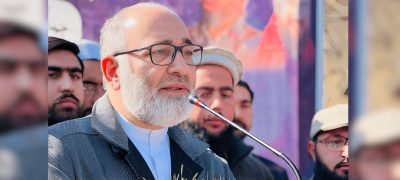In a significant development, the ruling Pakistan Muslim League-Nawaz (PML-N) and its coalition partner, the Pakistan Peoples Party (PPP), have reached a consensus to eliminate the caretaker setup system and reform the electoral process. According to the agreement, the head of the outgoing government will remain in office until the new general elections, eliminating the need for a caretaker government.
In addition to this decision, after completing its term, the prime minister’s cabinet will be dissolved, while the premier will continue to serve. Both parties have also endorsed the drafting of legislation for electoral reforms with recommendations aimed at simplifying and streamlining the electoral process. The PML-N and PPP have committed to consulting with other political parties on these proposed reforms, fostering a collaborative approach.
Also Read: PPP and PML-N Forge Collaboration for National Stability
Moreover, the PML-N-led alliance is pursuing at least three major constitutional amendments. These include abolishing the National Accountability Bureau (NAB), restoring Articles 62 and 63 to their original position, and empowering local governments. Initially focused on abolishing NAB and amending Articles 62 and 63, the addition of empowering local governments became pertinent after a formal agreement between the PML-N and MQM-P, leading to the MQM-P’s decision to support the ruling coalition.
The proposed amendment by MQM-P calls for the federation to establish local governments under Article 140-A. Additionally, it suggests introducing Articles 140-B, which deals with the powers and functions of local governments, and Article 140-C, which relates to the finances of local governments.
The ruling alliance, buoyed by the addition of reserved seats, believes it now has the required two-thirds majority for constitutional amendments. They note that Prime Minister Shehbaz Sharif’s election has ensured the support of 201 MNAs out of the required 225 for a constitutional amendment. This development aligns with the PML-N’s manifesto promises, including the abolition of NAB, amending or restoring Articles 62 and 63, and establishing the unequivocal supremacy of parliament.
The move to abolish NAB, a promise made by three-time former premier Nawaz Sharif, is rooted in the party’s commitment to strengthen existing anti-corruption institutions and agencies. The changes to Articles 62 and 63 aim to restore their original positions as of 1973, ensuring a more defined and transparent qualification criteria for members of the national and provincial legislatures.
Overall, these developments signify a significant shift in Pakistan’s political landscape, with the ruling alliance seeking comprehensive reforms in the electoral and governance structures. The collaborative efforts between PML-N and PPP signal a potential breakthrough in addressing longstanding issues and bringing about positive changes in the country’s political processes.









